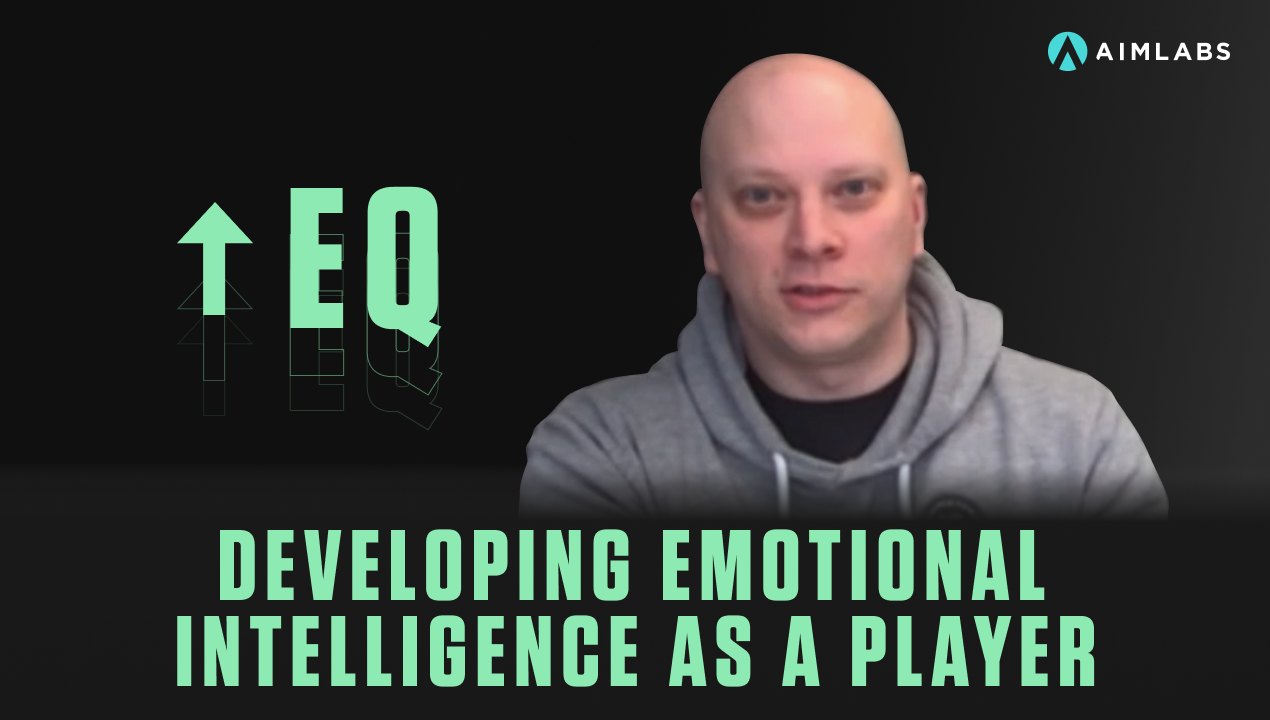
Developing Emotional Intelligence and Communication for Aspiring Esports Players
Starting a journey in esports, especially in team-based titles like VALORANT or Counter-Strike, isn’t just about landing headshots or perfecting utility usage. Mechanical skill is a crucial part of a player’s makeup, but in a team environment, emotional intelligence and communication can be the difference maker in a player’s tenure on a lineup. For younger players looking to break into the amateur or professional scene, learning to understand your emotions, manage pressure, and communicate effectively with teammates can fast-track your development and make you a standout teammate.
On the recent Aimlabs podcast episode, Sentinels’ coach kaplan discussed how important emotional intelligence is to the health of their team. Emotional intelligence (sometimes referred to as emotional quotient or EQ) involves recognizing your emotional reactions during high-stakes moments, like frustration after a loss or tilt after a misplay, and learning to regulate them. This self-awareness helps you stay focused and avoid becoming a liability in tense situations. Start small: take note of how you feel after a tough round and practice grounding techniques like deep breathing or short breaks. Over time, you’ll find it easier to reset and refocus mid-match, which is a trait that coaches and scouts value highly.
Communication goes hand in hand with emotional intelligence. Productive communication in-game means delivering information clearly, concisely, and calmly. Avoid blame and instead focus on solutions. For example, say, “Let’s adjust our mid hold next round,” instead of “You always die mid.” Outside of matches, being open to feedback, asking thoughtful questions, and showing that you can be coached are all key indicators of maturity and leadership potential. Watching pro player comms and practicing structured callouts during scrims can sharpen this skill set, but you have to put yourself into the teamwork environment to develop the experience necessary to be a better teammate.
Ultimately, climbing the competitive ladder isn’t just about being cracked, and while that certainly helps, you also should strive to be someone that others want to play with. Emotional intelligence and solid communication show that you’re talented and dependable under pressure. And that’s the kind of player every team wants in their corner.
